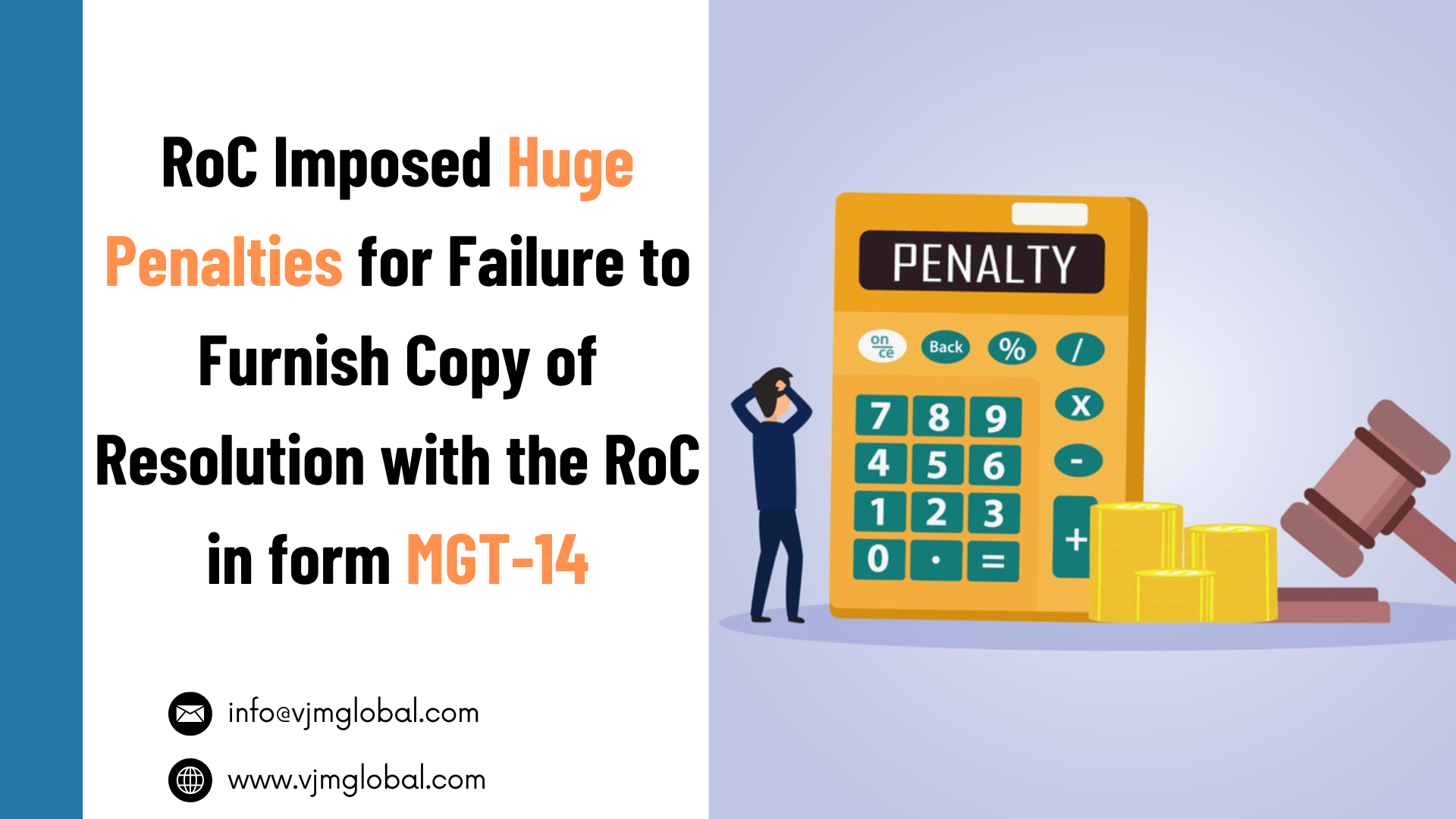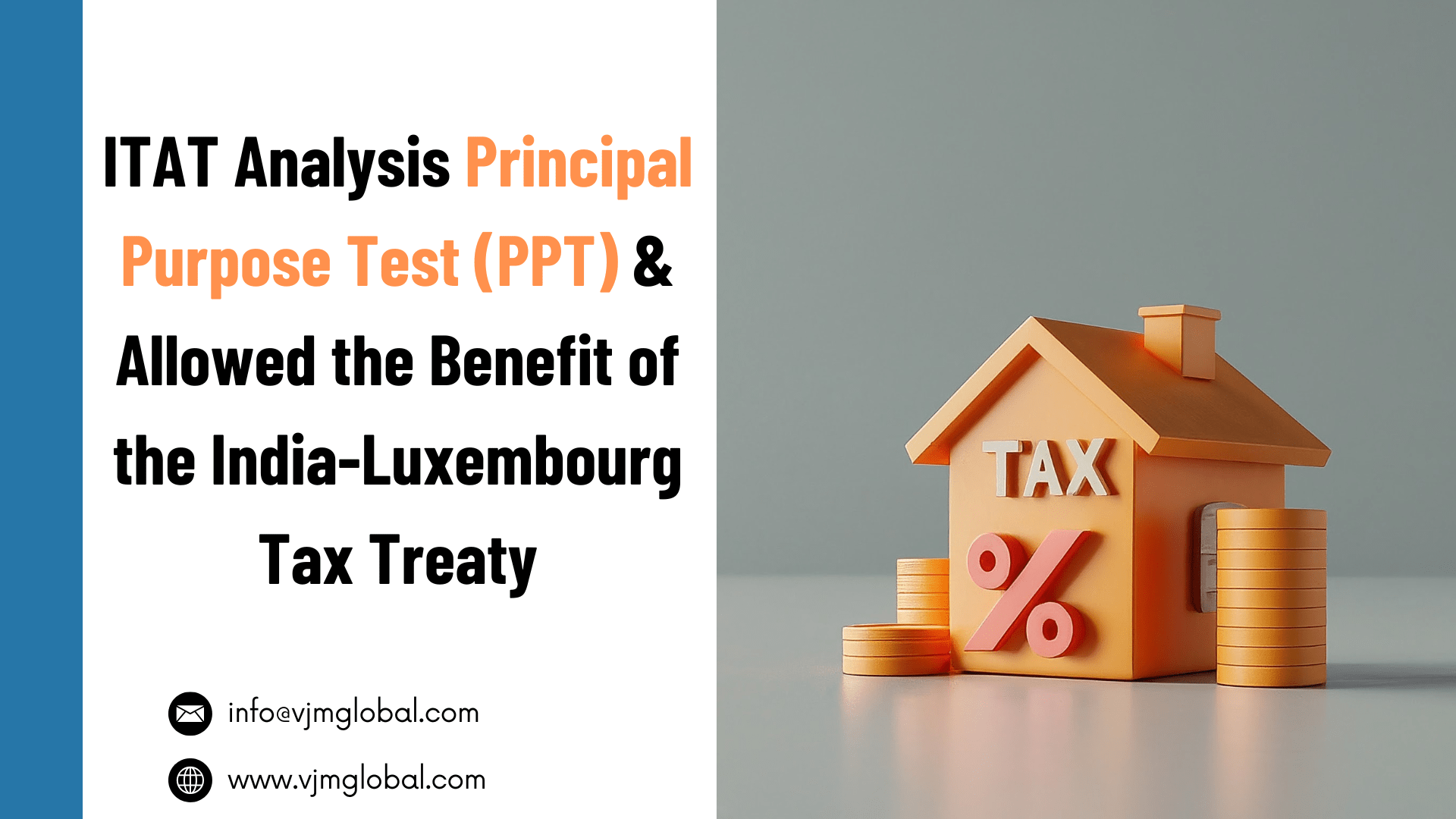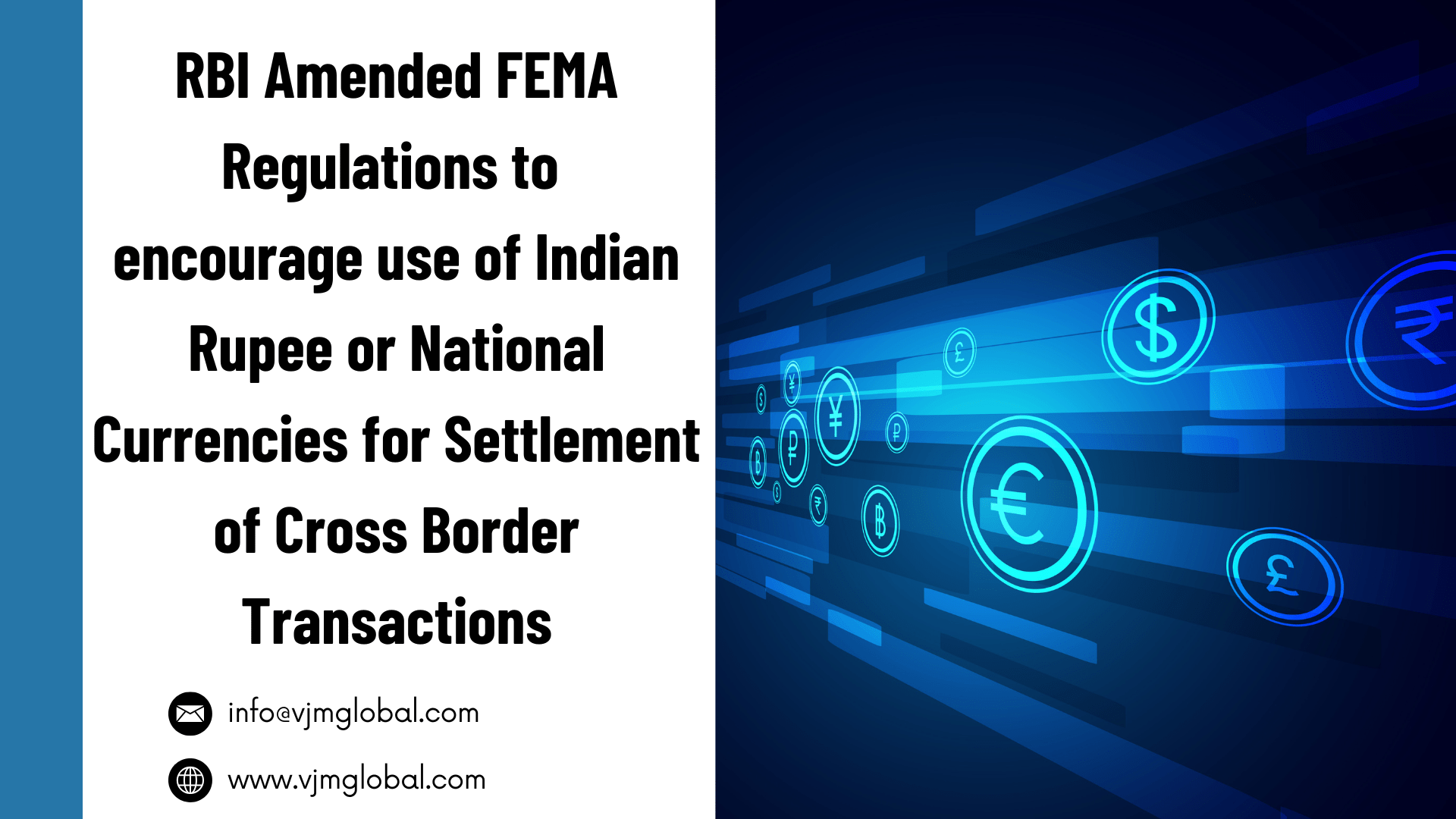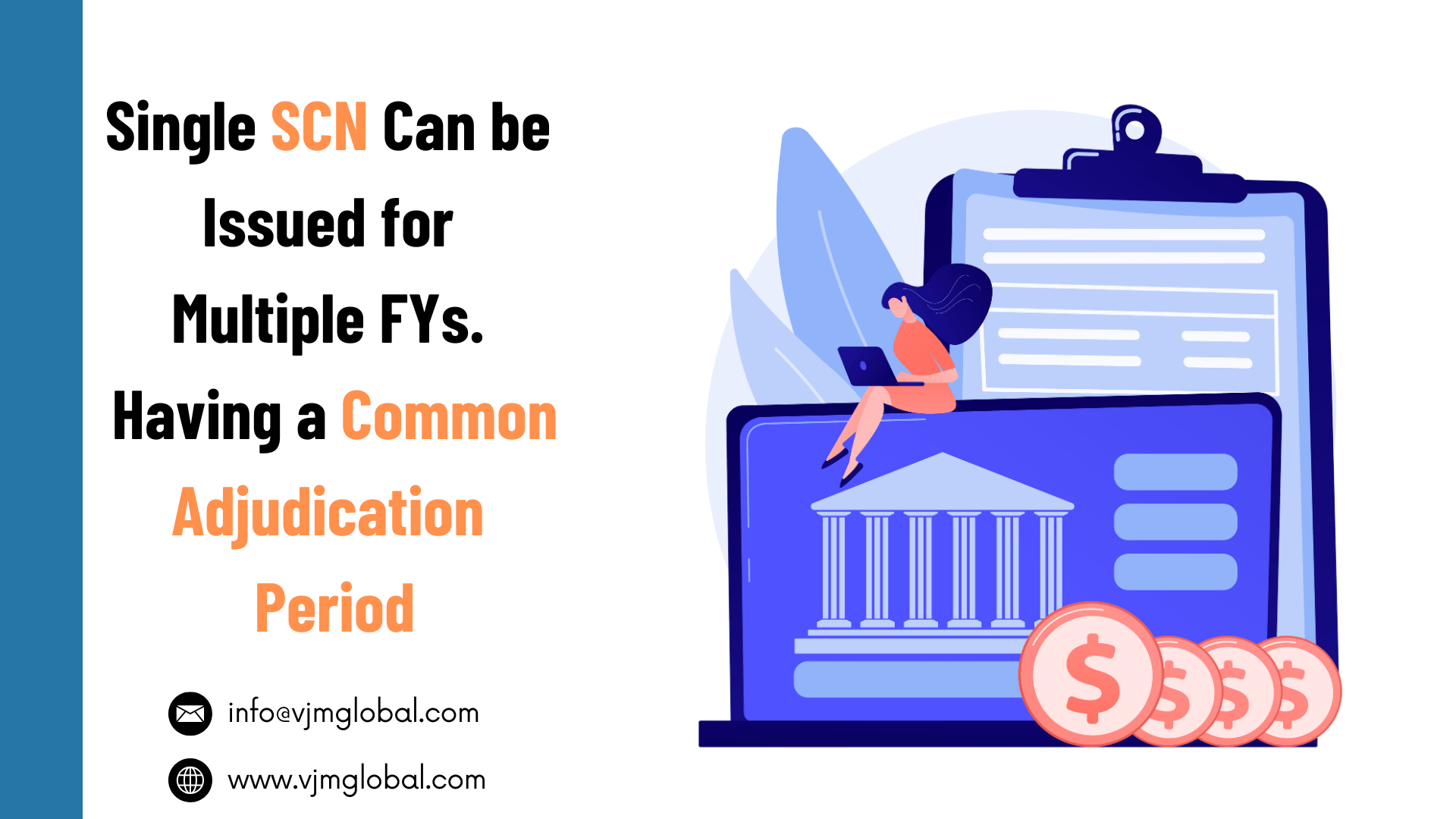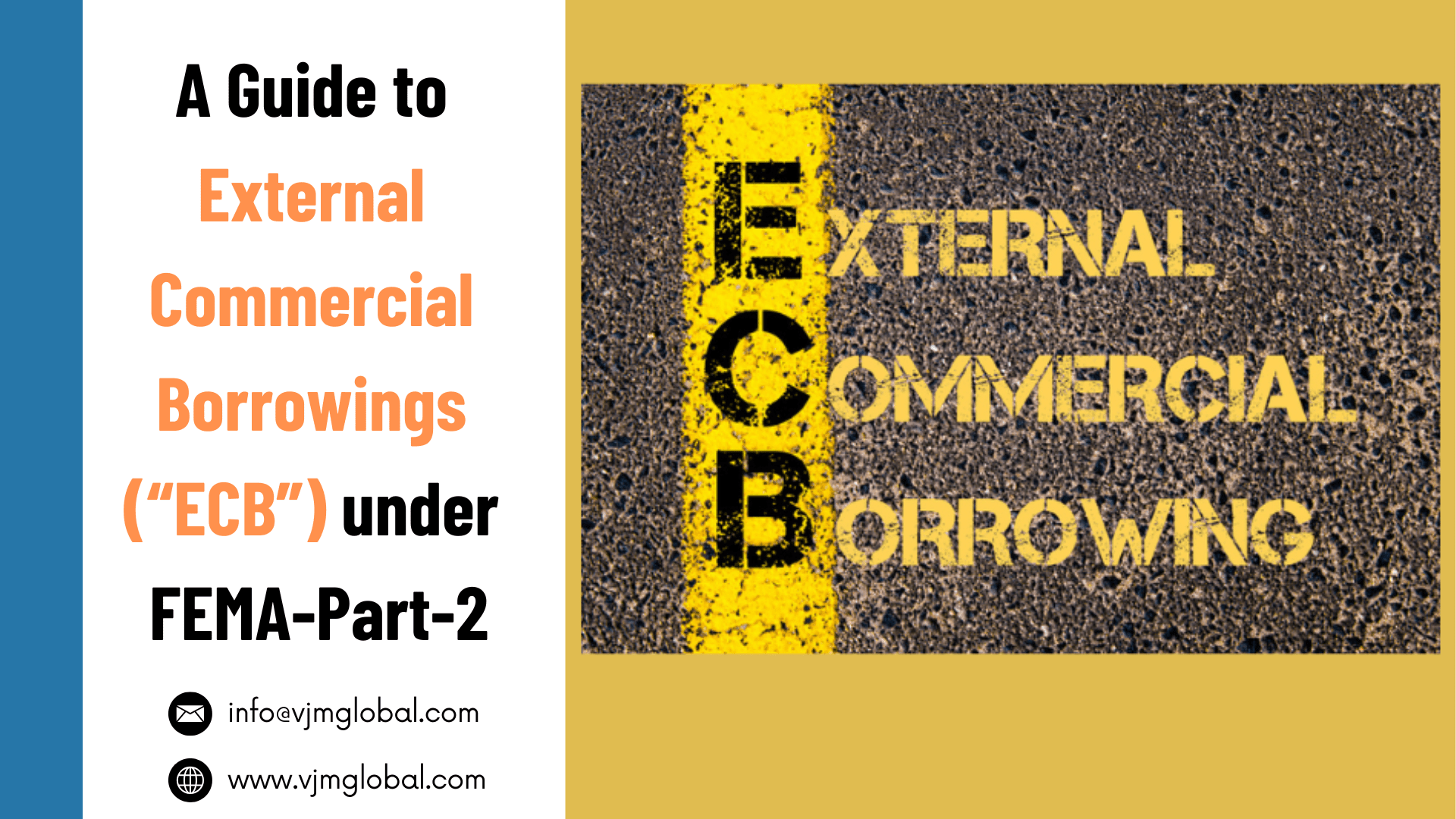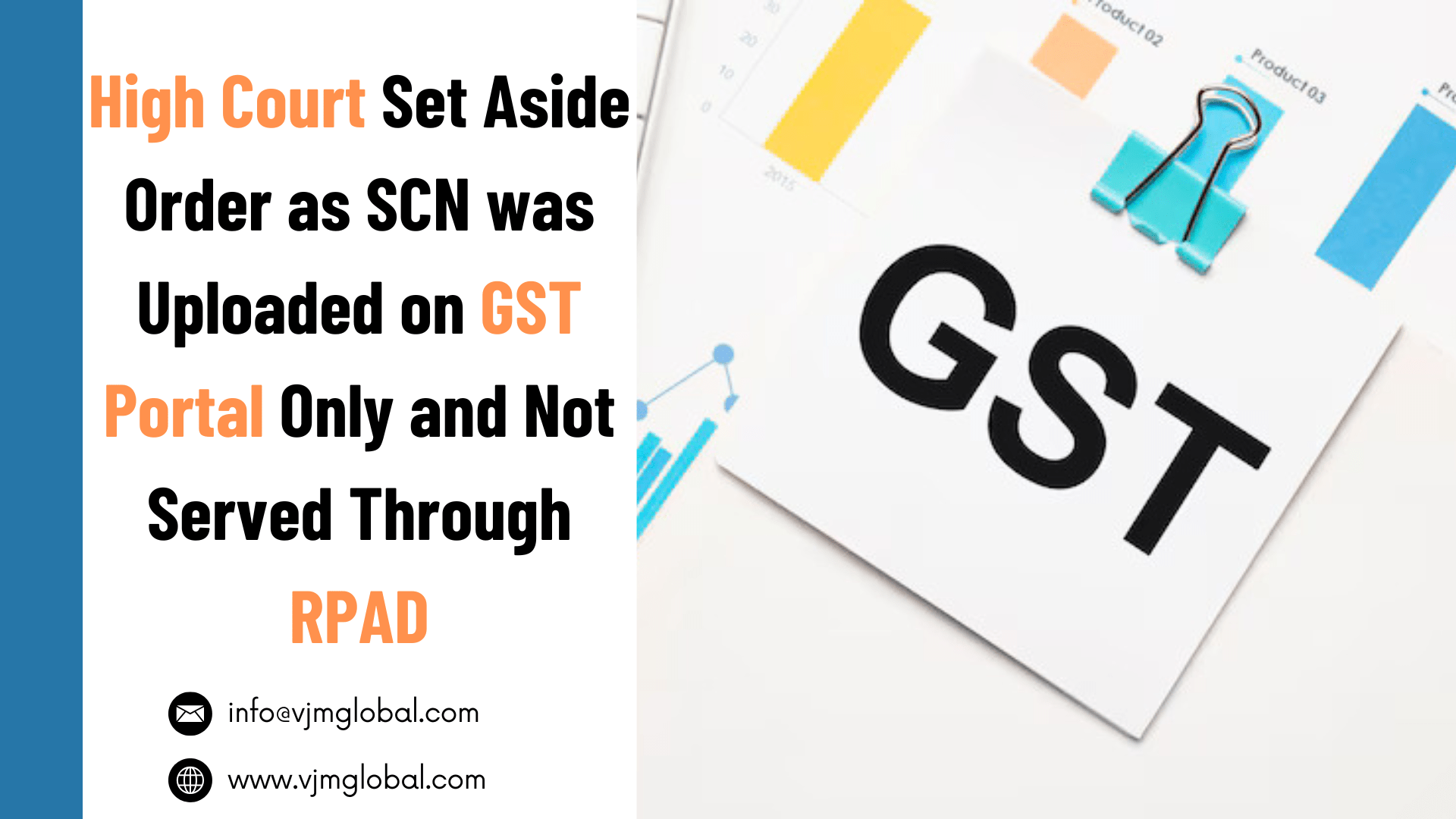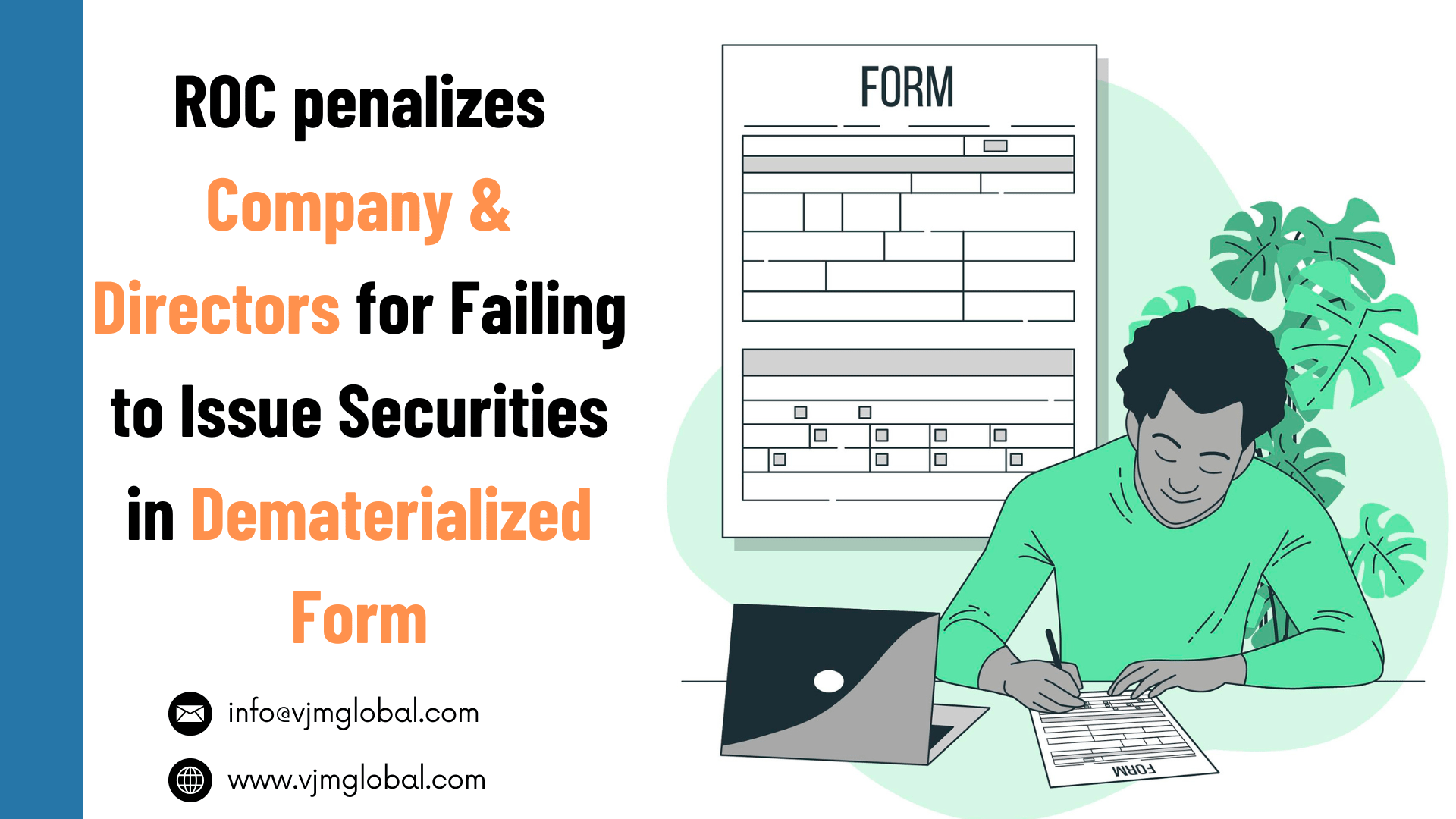While processing Income Tax returns of FY 2022-23, most of the taxpayers faced issue of delayed refund, refund put on hold on account of outstanding demand, refund adjusted against outstanding demand etc. During FY 2022-23, due to digitalisation of Income tax records of earlier year, the department uploaded various demands of earlier years (much prior to the years when Income tax return was started filing online).
Assessee has no information and documents for such years and the refund claimed in ITR of FY 2022-23 is getting automatically adjusted to such outstanding demands. Considering the genuine hardship to the taxpayers, the Union Budget proposed to withdraw all direct tax demands upto INR 25000 till 2009-10 and upto INR 10,000 for year 2010-11 to 2014-15.
In line with proposals made in the Union budget, CBDT issued order vide F. No. 375/02/2023-IT-Budget dated February 13, 2024, announcing the remission and extinguishment of certain outstanding direct tax demands as per the Finance Minister’s budget speech for 2024-25.
Summary of order issued by CBDT is follows:
a. Remission/ Wavier of tax Demand of earlier year
- Tax demand under Income Tax Act, 961, Wealth Tax Act, 1957 or Gift Tax Act, 1958, which were outstanding as on 31st January, 2024, is extinguished with effect from the date when such demands were created or modified:
| Assessment Year/s (A.Y.) to which the entries of outstanding tax demands as on 31st January 2024 pertain | Monetary limit of entries of outstanding tax demands which are to be remitted and extinguished (in Rupees) |
| Upto A.Y. 2010-11 | each demand entry upto Rs. 25,000/ |
| A.Y. 2011-12 to A.Y. 2015-16 | each demand entry upto Rs. 10,000/ |
B. Threshold Limit for remission
- The remission and settlement of outstanding tax demand is subject to a maximum amount of INR 1,00,000/- per taxpayer/assessee for specific types of demand entries.
- Principal tax demand under Income-tax Act, 1961 or relevant provisions of Wealth-tax Act, 1957 or Gift-tax Act, 1958.
- Interest, penalty, fee, cess, or surcharge under relevant provisions of Income-tax Act, 1961 or corresponding provisions of Wealth-tax Act, 1957 or Gift-tax Act, 1958, if applicable.
Therefore, if outstanding tax demands including interest, penalty, fees, cess etc. is more than INR 1,00,000 then remission shall be granted upto INR 1,00,000 only.
Read Also: New Valuation rules notified for Equity Shares and CCPS for Angel Tax purpose| Income tax amendment
C. Manner of computation of Maximum ceiling of INR 1,00,000
- The remission and extinguishment of outstanding demands shall be done on a yearly basis, from the earliest assessment year to subsequent assessment year, for such year where amount of demand is within the specified monetary limit. However, the total value of these entries should not exceed Rs. 1,00,000/- per taxpayer/assessee.
- Therefore, demand shall be remitted for the earliest year first.
- If during any assessment year, demand is more than limit specified on yearly basis then such year shall not be considered for computation of limit of INR 1 Lac.
- Further, under no circumstances, a fraction of any demand entry, whether its value is falling within the threshold limit of yearly basis or not, shall be considered for remission and extinguishment to compute the maximum ceiling of INR 1 Lac.
D. Other points
- The remission and extinguishment granted under this order shall not be applicable to demands outstanding on account of TDS and TCS under Income Tax Act.
- Following the remission and extinguishment of outstanding demand, interest calculation for delayed payment under section 220(2) of the Income-tax Act, 1961 (corresponding provisions of Wealth-tax Act, 1957 and Gift-tax Act, 1958) is not required. Consequently, such interest amount shall not be considered for threshold limit of INR 1 Lac.
- If any tax liability arises on account of provisions of Section 2(24)(xviii) of Income Tax Act, i.e., tax liability on subsidy, the same shall also be remitted and extinguished.
- The remission and extinguishment of outstanding demand entries shall not :
- Confer any right to claim credit of any of the remitted and extinguishment demanded by the taxpayer under Income Tax Act, Wealth Tax act or Gift tax act or any other law, where such benefit or remission has been allowed to such assessee;
- Confer any right to claim refund of any sum by any taxpayer under Income Tax Act, Wealth Tax act or Gift tax act or any other law;
- Have the effect on any criminal proceedings pending or initiated against the Assessee under any law and shall not be construed as conferring any immunity, benefit, or concession in such proceedings, except as specified in this order.


